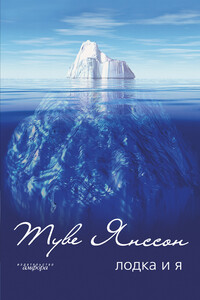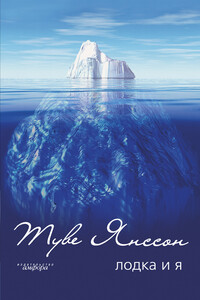Once there was a war | страница 13
The men are beginning to awaken now, before the call. They have missed the moment of parting. They awaken to—destination unknown, route unknown, life even for an hour ahead unknown. The great ship throws her bow into the Atlantic.
On the boat deck two early-rising mountain boys are standing, looking in wonder at the incredible sea. One of them says, “They say she’s salty clear down to the bottom.”
“Now you know that ain’t so,” the other says.
“What you mean, it ain’t so? Why ain’t it so?”
The other speaks confidently. “Now, son,” he says, “you know there ain’t that much salt in the world. Just figure it out for yourself.”
SOMEWHERE IN ENGLAND, June 22, 1943—The first morning on a troopship is a mess. The problem of feeding thousands of men in such close quarters is profound. There are two meals a day, spaced ten hours apart. Mess lines for breakfast form at seven and continue until ten. Dinner lines start at five in the afternoon and continue until ten at night. And during these times the long, narrow corridors are lined with men, three abreast, carrying their field kits.
On the first day the system does not take effect. There are traffic jams and thin tempers. At ten in the morning a miserable private in chemical warfare whines to a military policeman, who is keeping the lines shuffling along. “Please, mister. Get me out of this line. I have had three breakfasts already. I ain’t hungry no more. Every time I get out of one line I get shoved into another one.”
Men cannot be treated as individuals on this troopship. They are simply units which take up six feet by three feet by two feet, horizontal or vertical. So much space must be allotted for the physical unit. They are engines which must be given fuel to keep them from stopping. The products of their combustion must be taken care of and eliminated. There is no way of considering them as individuals. The second and third day the method begins to work. The line flows smoothly and on time, but that first day is a mess.
The men are rested now and there is no room to move about. They will not be able to have any exercise during this voyage. There are too many feet. The major impression on a troop ship is of feet. A man can get his head out of the way and his arms, but, lying or sitting, his feet are a problem. They sprawl in the aisles, they stick up at all angles. They are not protected because they are the part of a man least likely to be hurt. To move about you must step among feet, must trip over feet.






